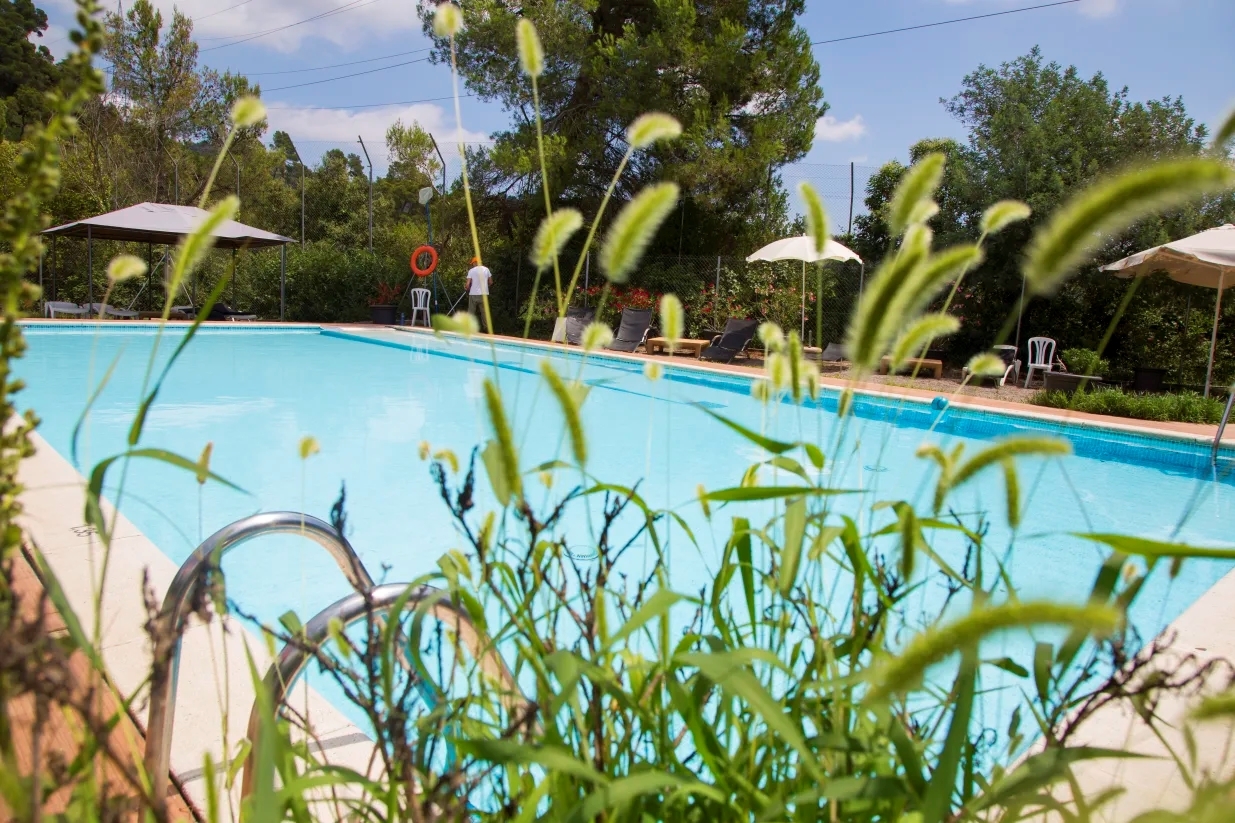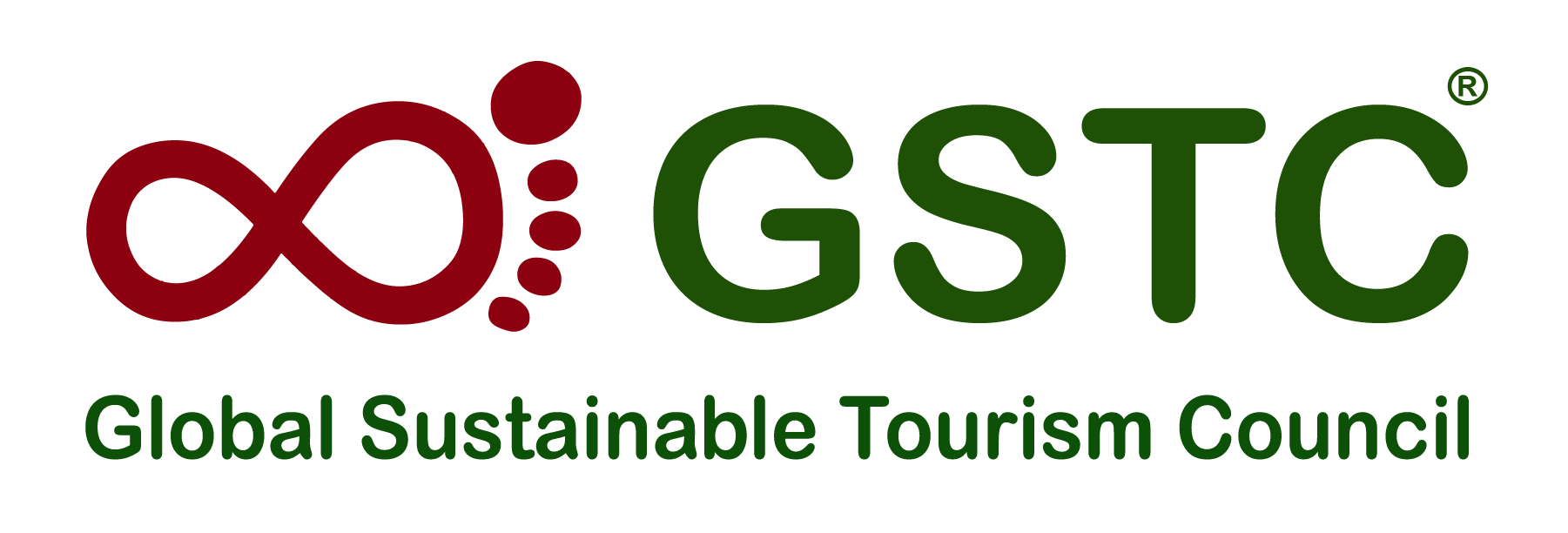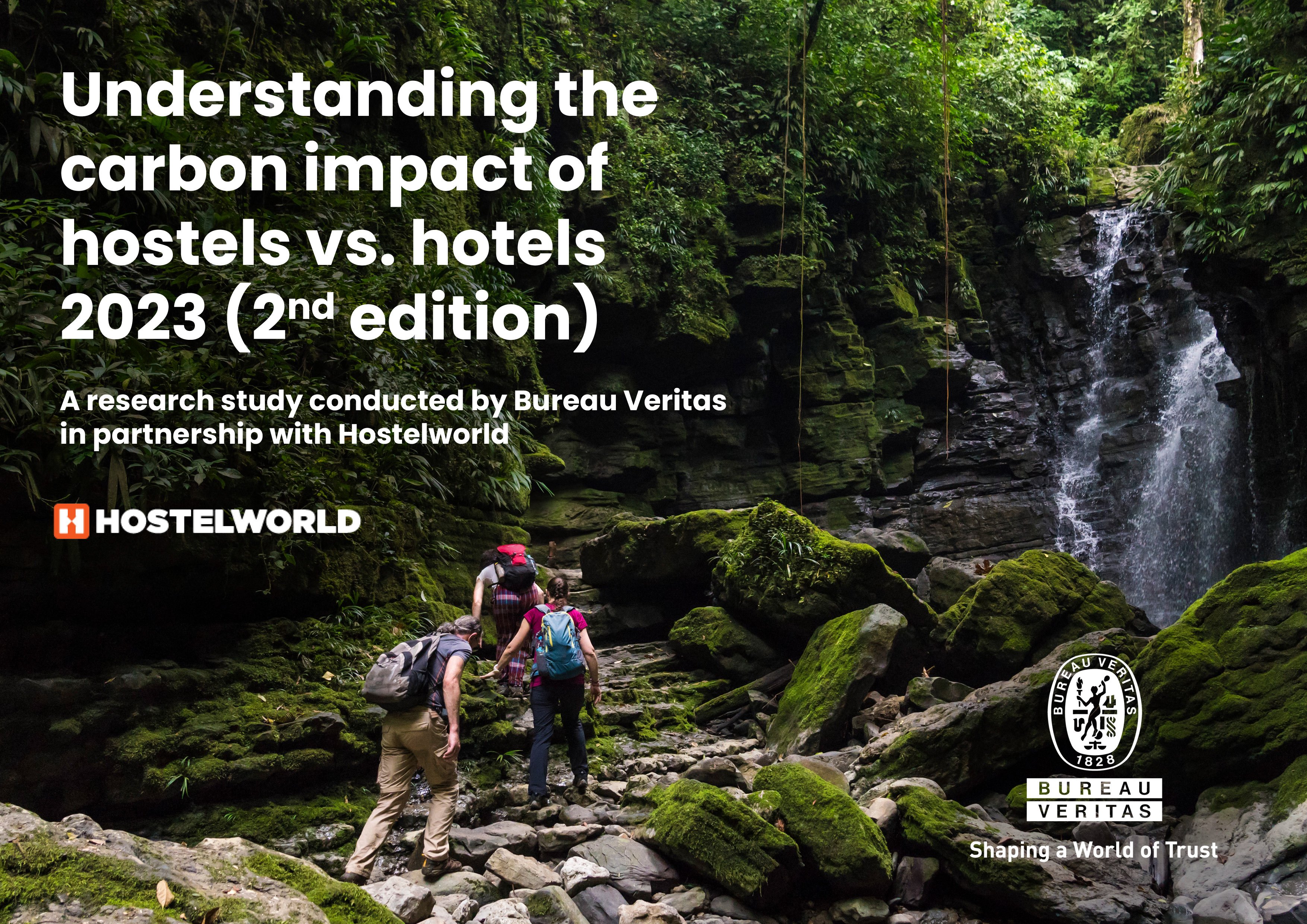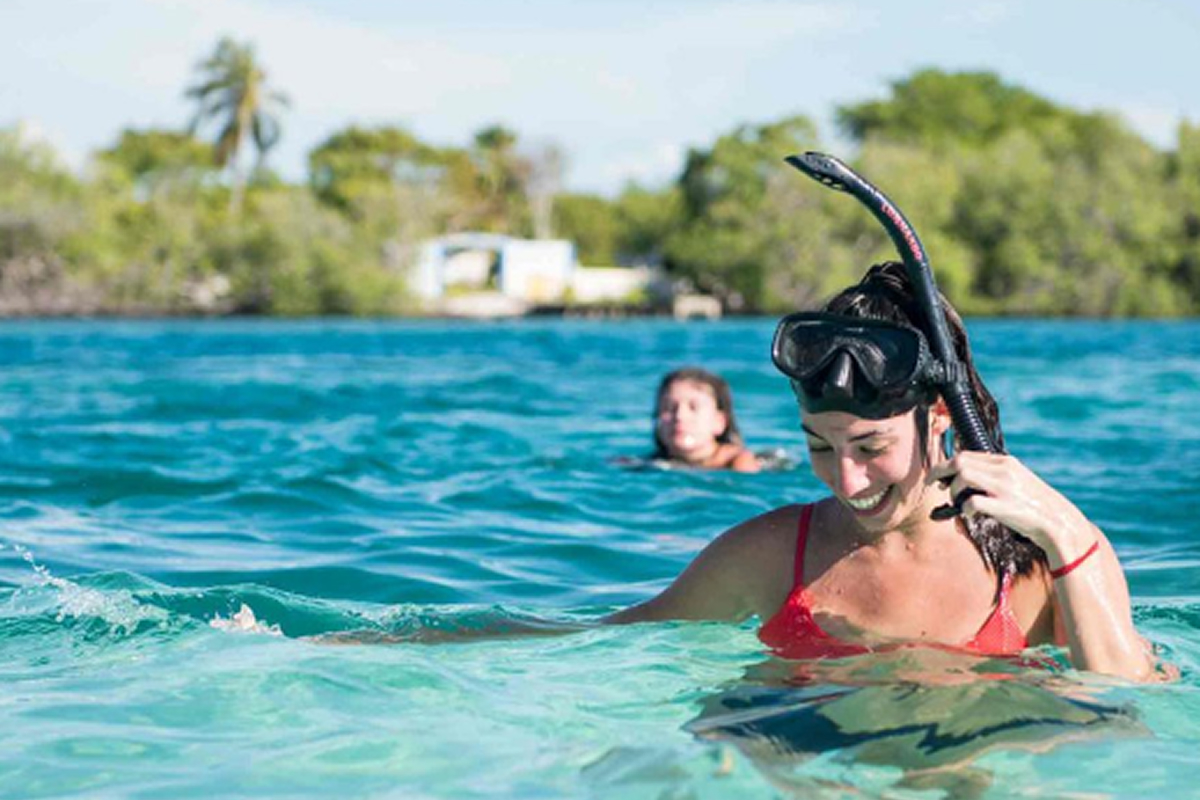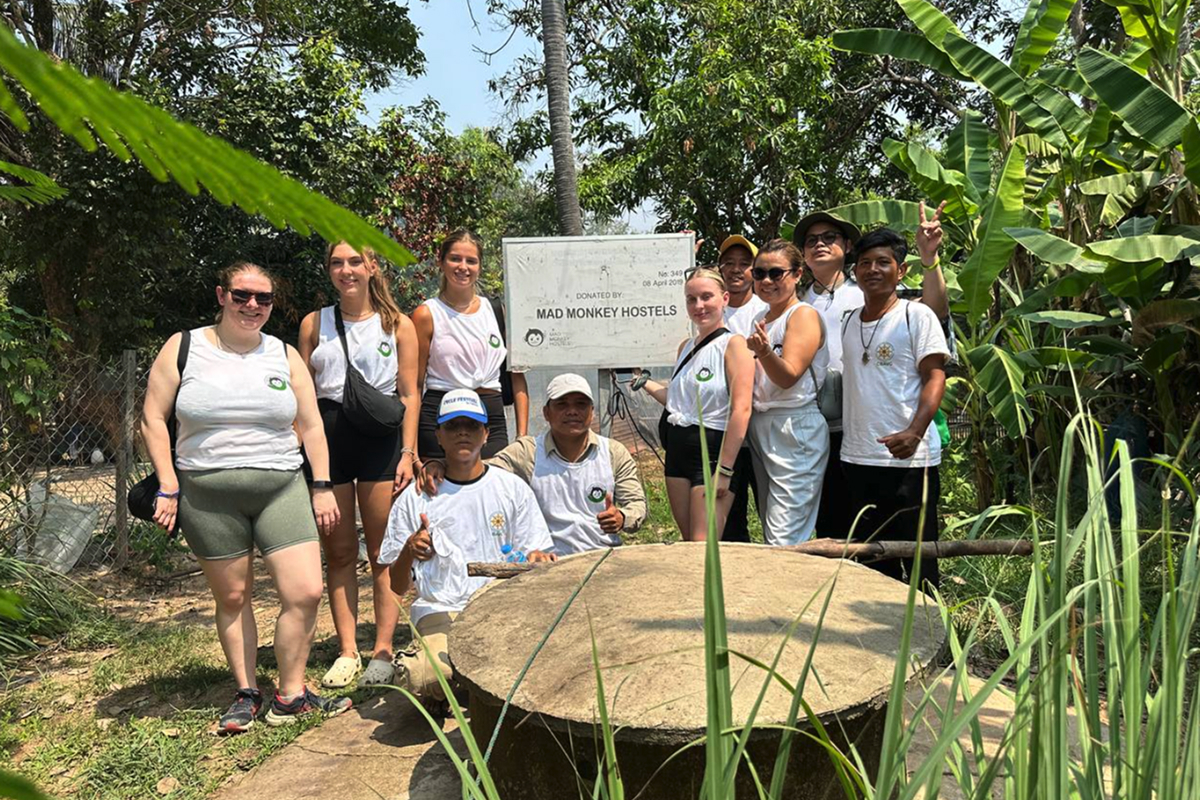Hostels produce 82% less carbon emissions than hotels
A report released by leading sustainability and compliance specialist, Bureau Veritas, has found that hostels are 82% less carbon intense (tCO₂e) than hotels.
The research, ‘Understanding the Carbon Impact of Hostels vs Hotels’, conducted in partnership with Hostelworld, across a selection of European hotels and hostels, is the second edition of the study. The first edition (published in 2022) found that hostels produced 75% less emissions than hotels. This report reveals that hostel carbon emissions have reduced year on year, while hotel emissions have increased.
We’re so excited to be able to release the findings as part of our ongoing sustainability journey and know that it will be welcome news to our increasingly environmentally-conscious sector of the travel industry.
Not only are hostels a way to meet other people and share unique experiences, we also now know for sure that they represent a more sustainable accommodation choice in terms of greenhouse gas emissions. It’s a win, win, win!
To find out more about the data points measured- and how hostels came up trumps against hotels - take a closer look at the report here.

